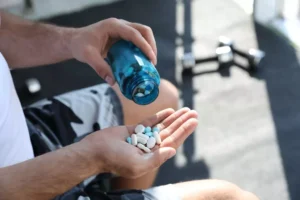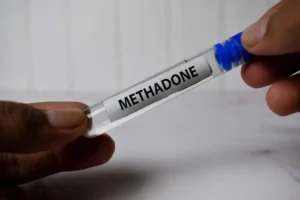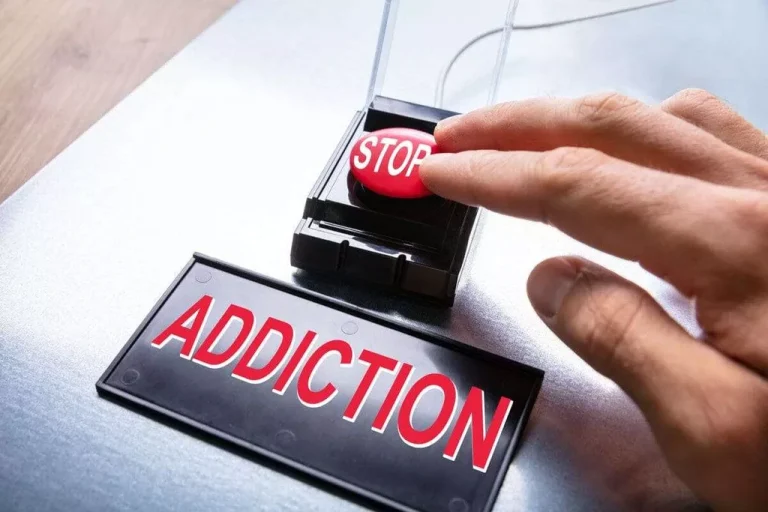
This disease makes you feel unable to control your alcohol consumption. If you think you or a loved one has this condition, seek help at a substance abuse treatment program. If you’re struggling to quit drinking on your own or you’ve tried to quit but haven’t been able to maintain sobriety, your next best step is to reach out and seek effective alcohol and substance abuse treatment. A doctor diagnoses alcohol intoxication with a blood alcohol check. The individual’s reflexes and motor responses are minimal to absent, and their body temperature is extremely low.
What’s the outlook for alcohol intoxication?
Then each animal was placed into a separate room, and researchers scored each monkey’s incidents of aggressive behavior toward a provoker. These ratings were based on the frequency of removal from the home cage for perpetrating violent behavior or receiving veterinary care for aggression and the frequency and severity of wounds resulting from aggressive encounters. Research also indicates that alcoholics who have reduced levels of serotonin in the brain are prone to violent behavior (Virkkunen et al. 1995, 1994b), which may be a product of impaired impulse control.
Get the Help You Need for Drinking at Purpose

Maternal and paternal genetic influences play major roles in producing low CNS serotonin functioning beginning early in life. These genetic influences on serotonin functioning are exacerbated by early rearing experiences, particularly parental deprivation, thus affecting the risk for type II alcohol psychopathology. Although it is widely believed that aggression and alcohol use are strongly related, most people who consume alcohol do so without acting aggressively. Predicting which individuals are likely to exhibit aggression following alcohol consumption is an important and intriguing research problem. Perhaps the lack of focus on the individual is one of the reasons why demonstrating a direct causal relationship between alcohol consumption and aggression has, at times, yielded mixed results (see reviews in Brain 1986; Lipsey et al. 1997). Such mixed findings may be related to researchers’ lack of focus on differences among individuals.

Alcohol Intoxication: Side Effects, Symptoms, & Treatment

At this stage of intoxication, the person’s behavior will be normal with no visible signs of intoxication, such as slurred speech or delayed reaction time. The relationships between serotonin and behavior problems may begin early in life. In one study, pubertal children of alcoholics who exhibited low concentrations of serotonin in their blood received high ratings for behavioral disinhibition and aggression (Twitchell et al. 1998, 2000).

Services
Your https://ecosoberhouse.com/ memory and awareness of your surroundings will also plummet, sometimes to the point of a blackout. Blacking out means forgetting what happened while you were drunk. You will have trouble walking and may even be unable to stand up. Alcohol-tolerant people are cross-tolerant to some drugs commonly used to treat withdrawal (eg, benzodiazepines). During delirium tremens, patients are suggestible to many sensory stimuli, particularly to objects seen in dim light.
- Support groups can be the first step towards recovery or part of a long-term aftercare plan.
- Alcohol intoxication is a common cause of emergency room visits in the United States.
- However, finding a low BAC in patients who have altered mental status is helpful because it expedites the search for an alternate cause.
- Kelly brings empathy to an underserved population and her clients share that they feel listened to without judgement.
- However, seeking help is essential to overcoming addiction and getting past the influence alcohol has on your life.
The person will be hospitalized until their vital signs return to normal. Alcohol intoxication occurs from drinking too much alcohol in a short period of time. The condition is usually linked to drinking too many alcohol beverages. But in some cases, people with this condition might have accidentally or intentionally drank household products containing alcohol, such as mouthwash or vanilla extract. Treatment for alcohol poisoning includes observing vital in which stage of intoxication does an individual become aggressive or withdrawn and sleepy signs, administering oxygen, and providing IV fluids. In some cases, a person may have their stomach pumped to remove alcohol before it can be absorbed or they may be given activated charcoal to minimize further alcohol absorption.
- Blood sugar levels and BAC can be checked with a simple urine or blood test.
- After reviewing such findings, Linnoila and colleagues (1994) concluded that excessive alcohol intake and violence in type II alcoholics may both originate from dysfunctional impulse control, which in turn results from impaired serotonin functioning.
- A nonhuman-primate model is described that has been developed specifically to study these differences and the influence of environment and rearing on brain chemistry and alcohol-induced aggression.
- Type I alcoholics are believed to consume alcohol primarily to reduce anxiety, whereas alcohol use for type II alcoholics appears to be part of an overall behavior pattern of impulsive, antisocial behavior.
